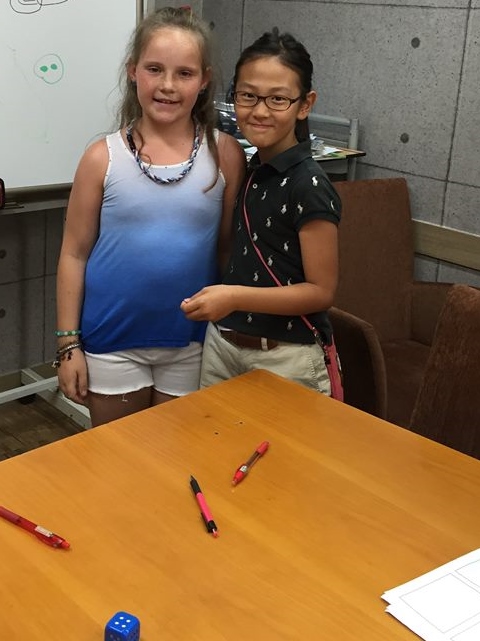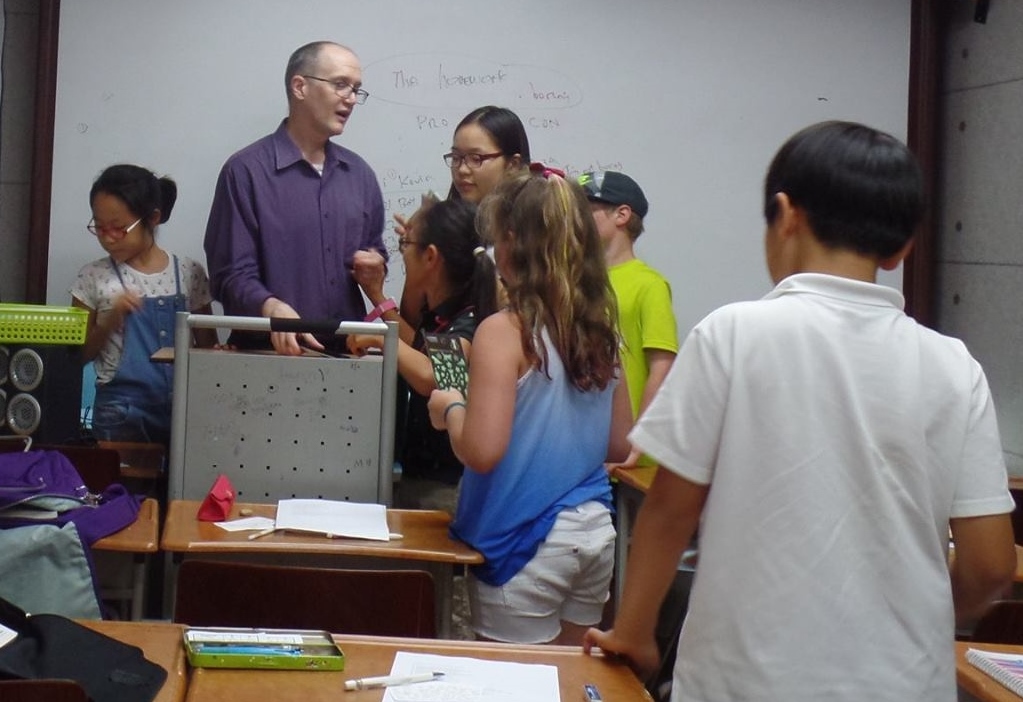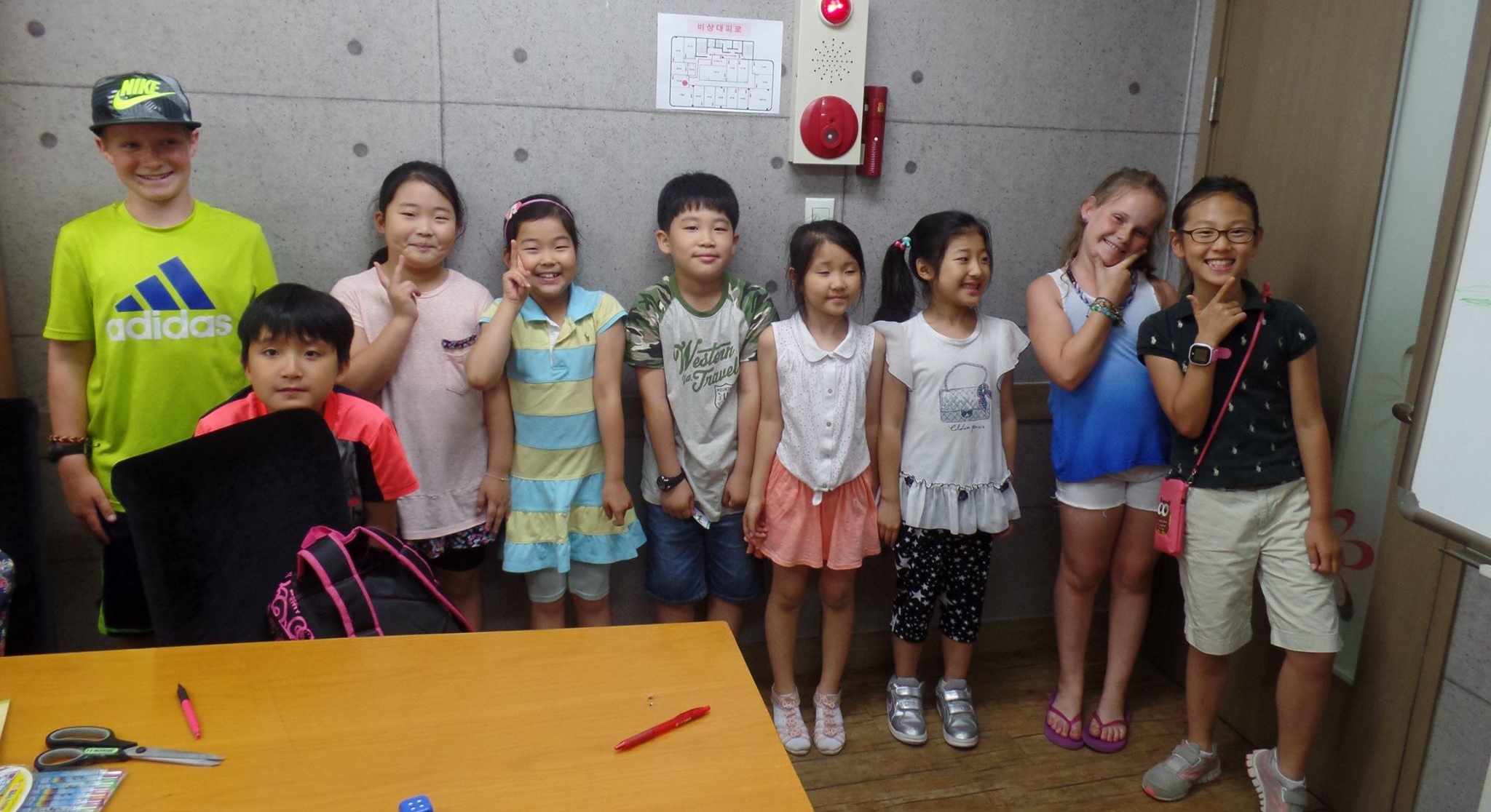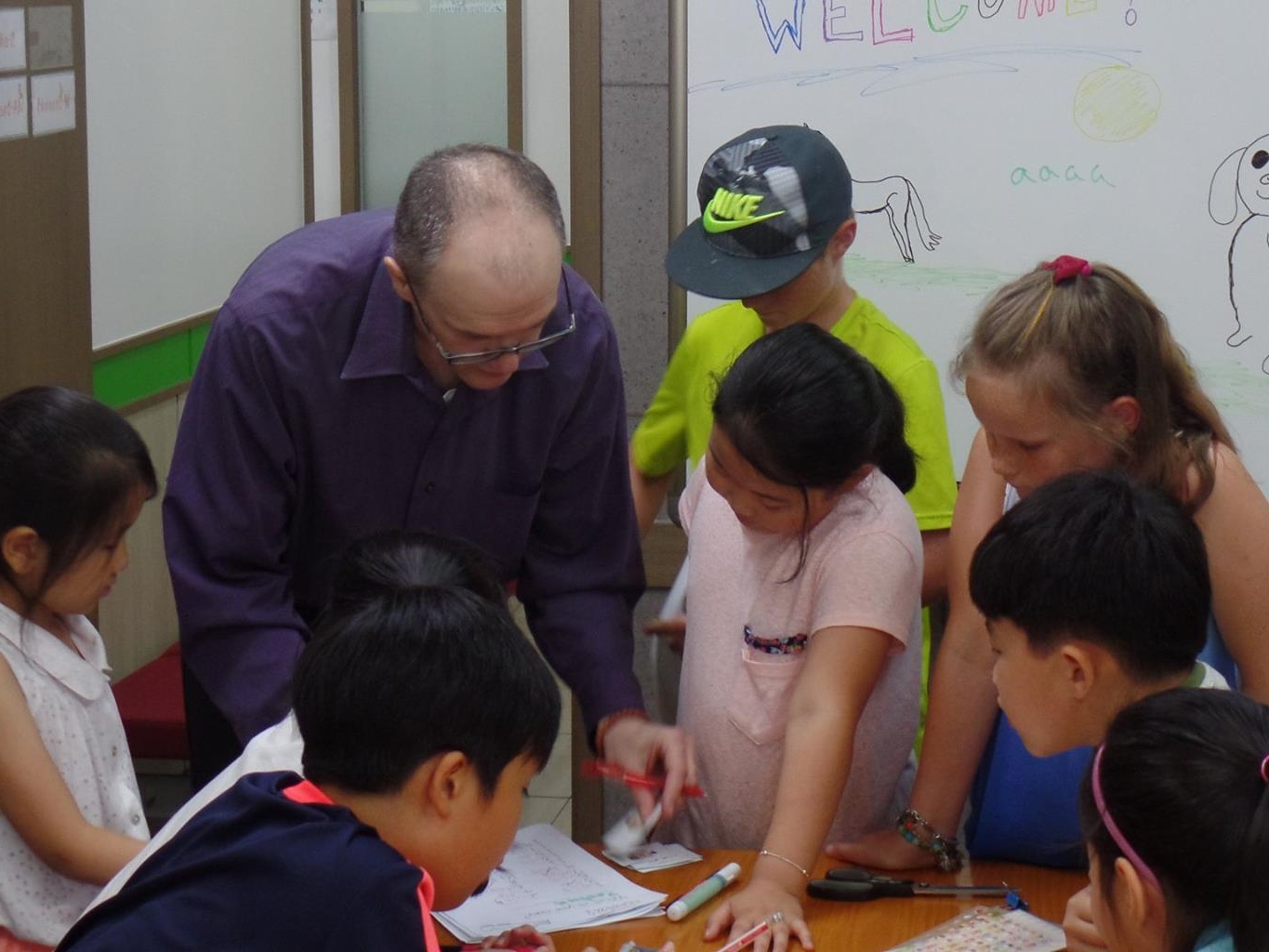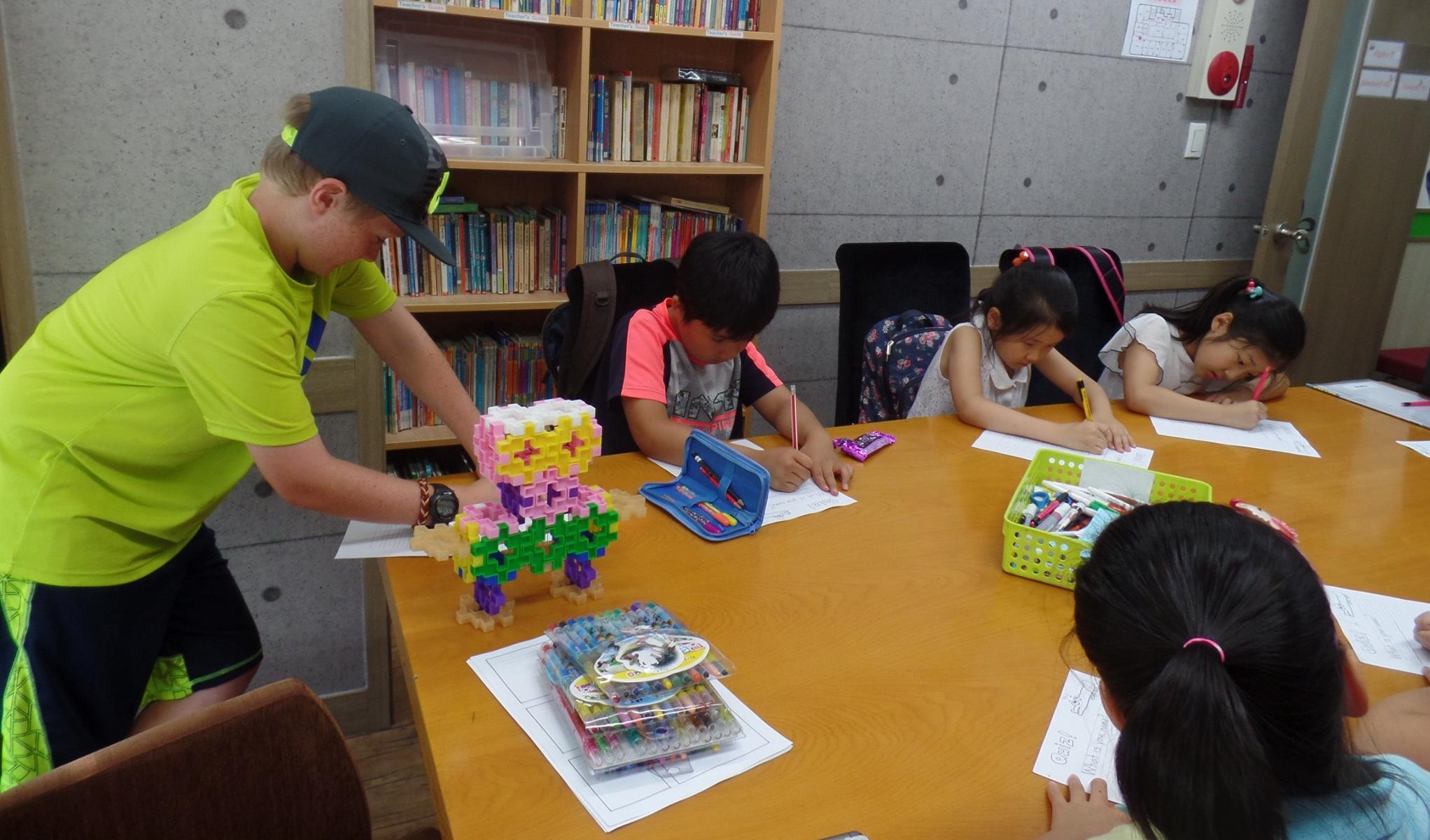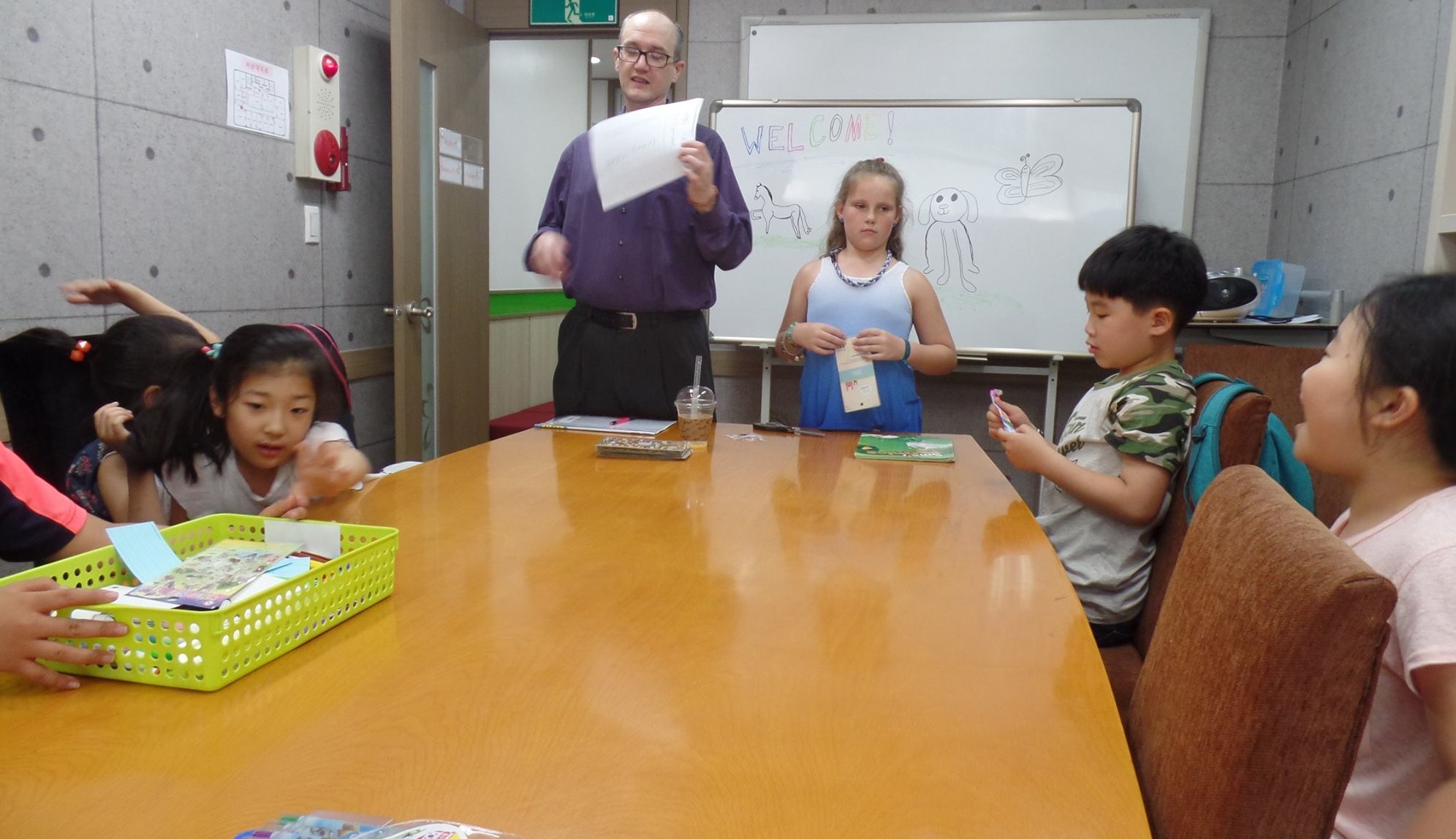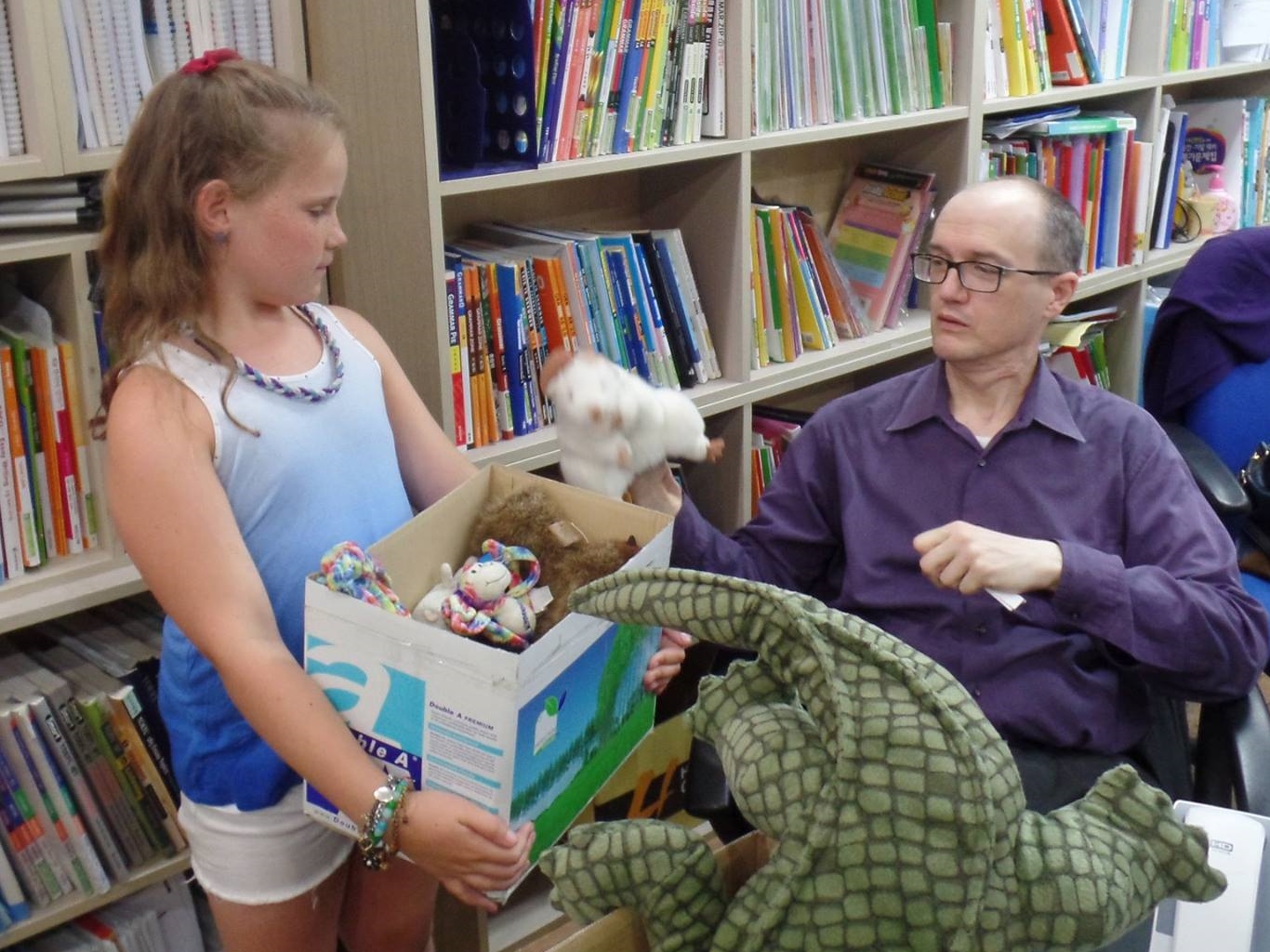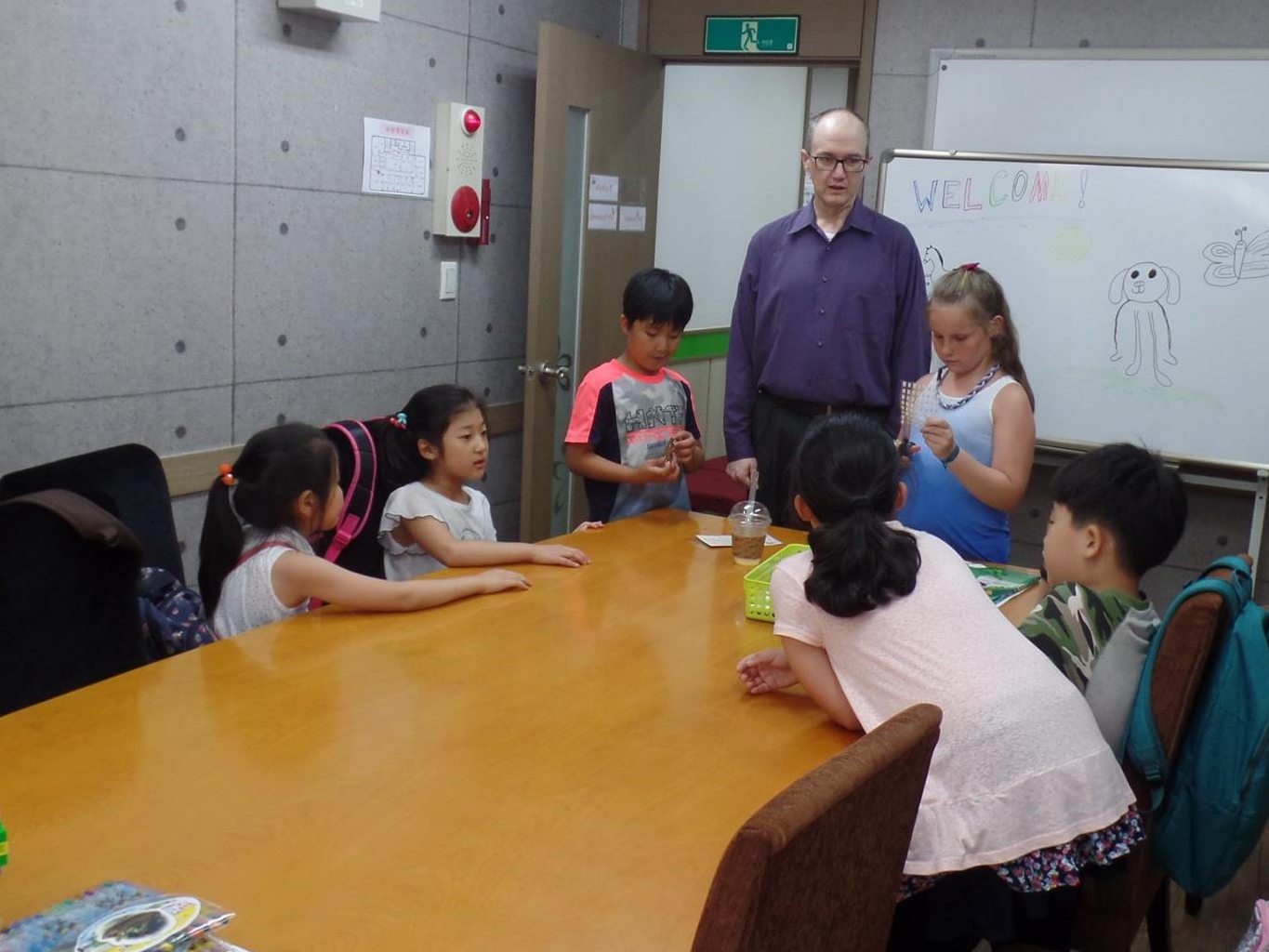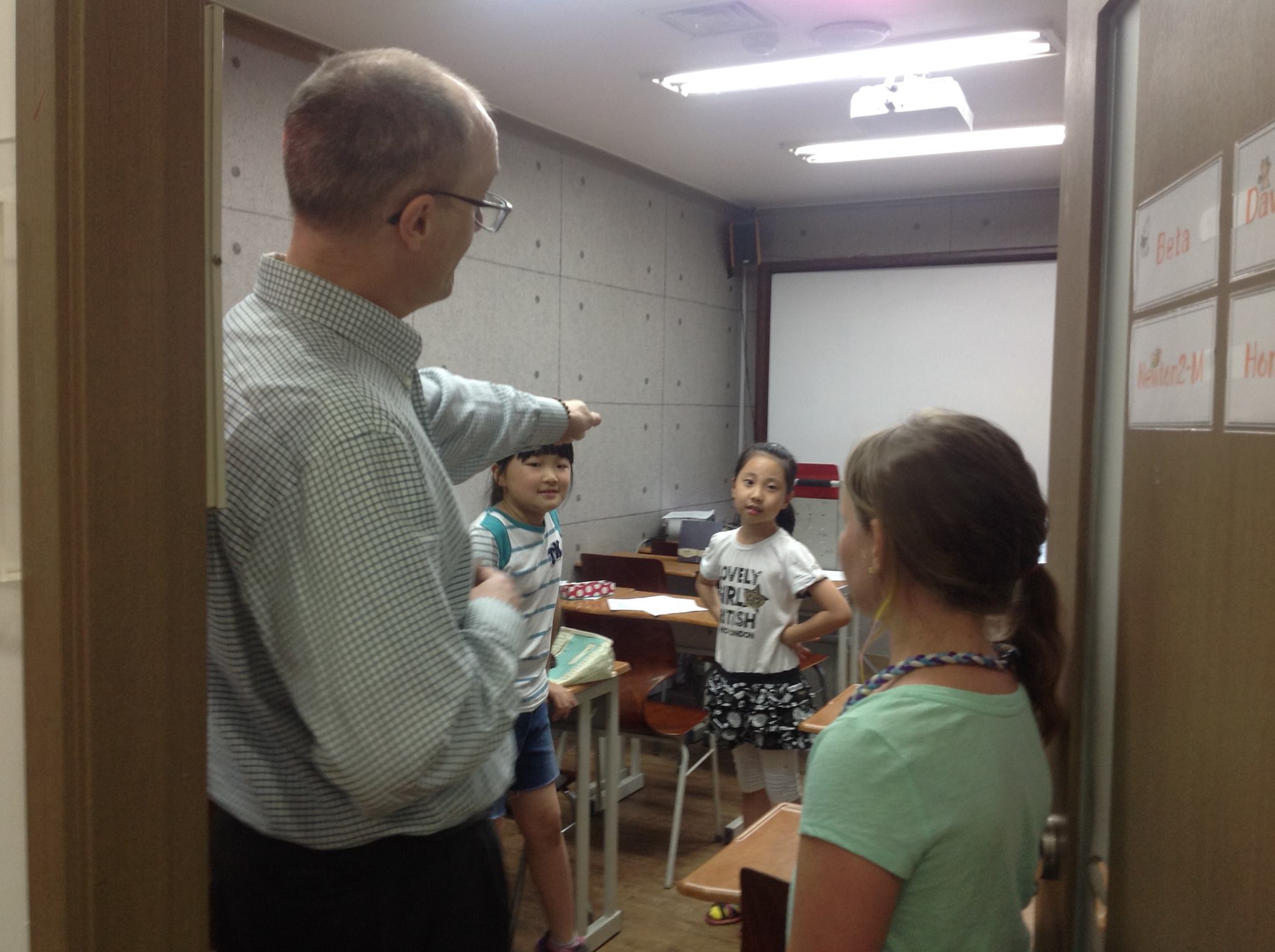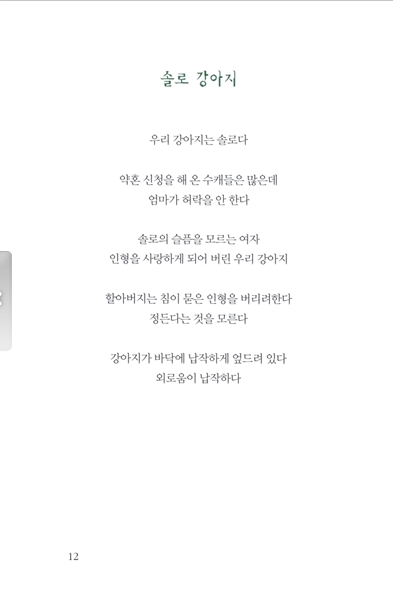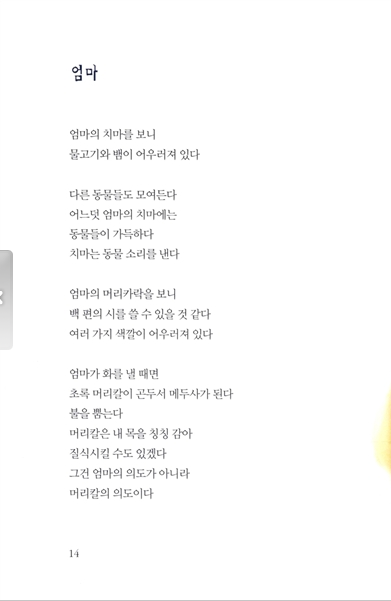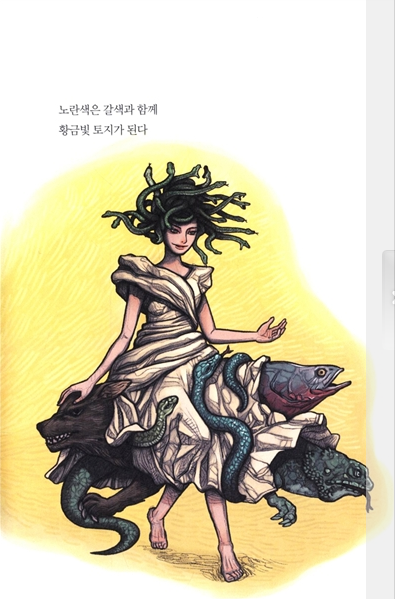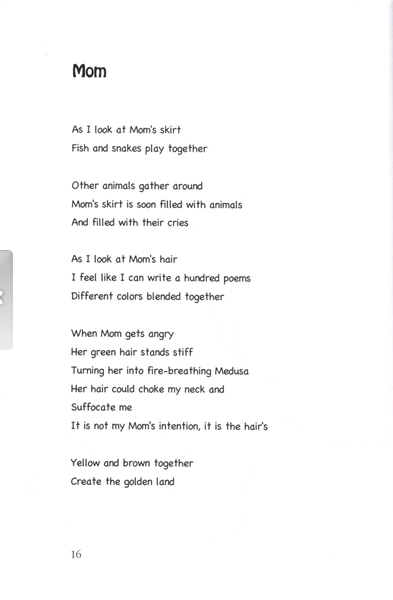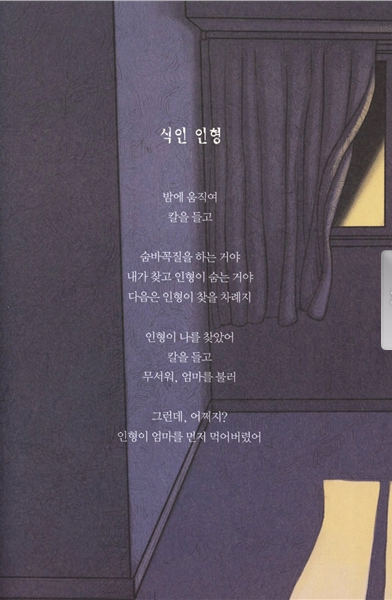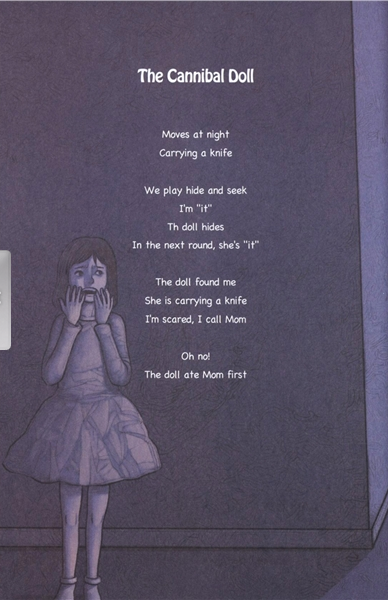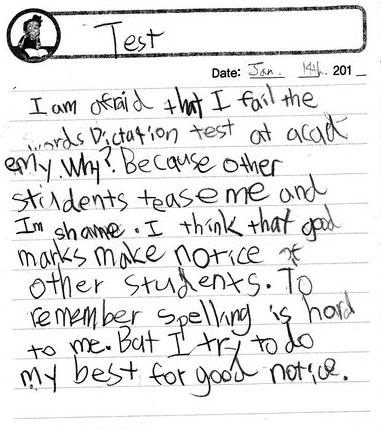Last week I was teaching a writing class to a supposedly intermediate-level group of elementary students, my Newton3반. We did a short reading, and there were some simple comprehension questions afterward. I view these kind of exercises as a warm-up for the process of writing one's own paragraph.
The paragraph in the book we read was on the basic theme of a girl who moved to a new neighborhood a few years ago and why she liked it better than her old neighborhood. I didn't think it was too difficult.
The first comprehension question was:
How long has Cynthia lived in her neighborhood?
I asked the first student.
"3 minutes!" she announced, confidently.
"Um," I said.
I asked the next student the same question.
"Lunchtime," she proposed, tentatively, trying to read my face as to whether I thought it was right or wrong. I deadpanned. I looked around the room.
The first girl attempted a correction of her answer. "2 blocks," she offered. At this, I started to laugh.
A boy's hand shot into the air. So I asked him the same question, yet again, and he said, "Yes." He nodded sagely.
I summarized: "So the question is: How long has Cynthia lived in her neighborhood? We have four choices:
a) 3 minutes
b) Lunchtime
c) 2 blocks
d) Yes
The kids just sat there, looking befuddled. Not a one of them made any additional effort to answer the question. Finally, I announced what seemed the correct answer: "She has lived in the neighborhood for 3 years."
I never did figure out if this was genuine cluelessness or if there was an element of "messing with the teacher."
[daily log: walking, 2 km]

